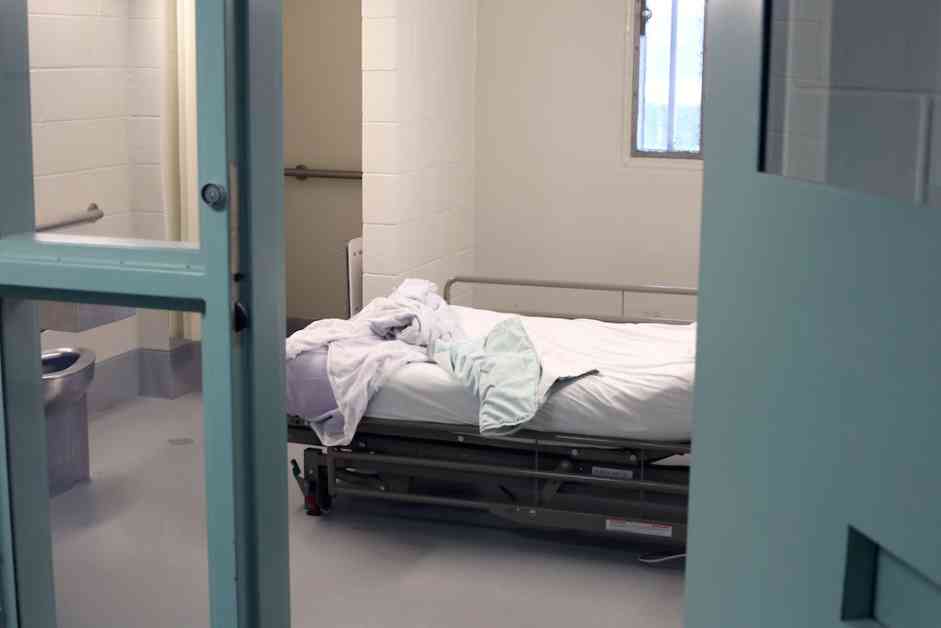**Improving Prison Health Care in Vermont: A Glimmer of Hope**
The Southern State Correctional Facility in Vermont, usually a place of bleakness and despair, is now seeing a glimmer of hope in the realm of health care. A recent meeting of the House Corrections and Institutions Committee revealed that despite a troubling history with Wellpath, a private equity-owned contractor responsible for health care in Vermont correctional facilities, there are signs of positive change on the horizon.
**The Troubling Past**
Wellpath, the contractor in question, has faced a multitude of issues, including the accidental administration of Tylenol and codeine instead of necessary opioid addiction medicine at the Northwest State Correctional Facility. In addition, a top health care administrator at the Southern State Correctional Facility had his nursing license suspended or revoked in three states. Nationally, Wellpath is embroiled in numerous lawsuits alleging substandard care and wrongful death or injury, with the company currently filing for bankruptcy.
**A Ray of Hope**
Despite this grim backdrop, the recent meeting brought some positive developments to light. James Ulager, Wellpath’s Vermont medical director, and Aviva Tevah, the corrections department’s executive director of health, wellness, and engagement, presented a new approach that has sparked cautious optimism among committee members. Vermont’s corrections commissioner, Nick Deml, highlighted a redesign of the state’s correctional health system, which has seen the introduction of new faces like Ulager and Tevah, both of whom started roughly six months ago.
**Fresh Perspective and Changes**
Ulager emphasized a commitment to providing care, regardless of the public or private nature of the system, stating, “I show up and I take care of our people.” The state has made efforts to enhance communication with incarcerated individuals, expand health services, and conduct patient satisfaction surveys. Additionally, initiatives like weekly meetings between Wellpath leaders and state regulators, investments in opioid use disorder treatment, and the introduction of Medicaid coverage for individuals leaving correctional facilities have been implemented to improve overall care standards.
**A Glimmer of Hope**
Ranking Member Rep. Troy Hendrick expressed newfound optimism, stating, “This is the first time I’ve had kind of a glimmer of hope.” These recent developments indicate a potential shift towards better health care practices within Vermont’s prison system, offering a beacon of light in an otherwise challenging landscape.
As we consider the importance of quality health care for all individuals, regardless of their circumstances, it’s heartening to see steps being taken to improve the well-being of incarcerated populations. By prioritizing communication, access to services, and patient feedback, Vermont is setting a positive example for correctional health care systems across the country. This progress serves as a reminder that even in the most challenging environments, positive change is always possible. Let’s continue to support efforts that promote health and wellness for all, including those within our prison system.









